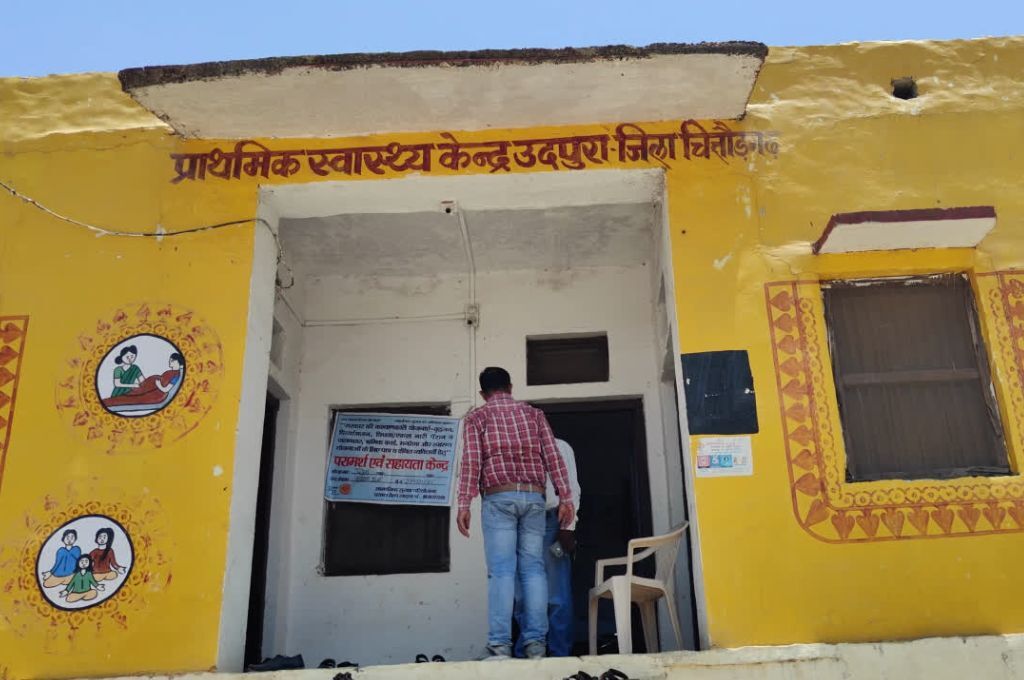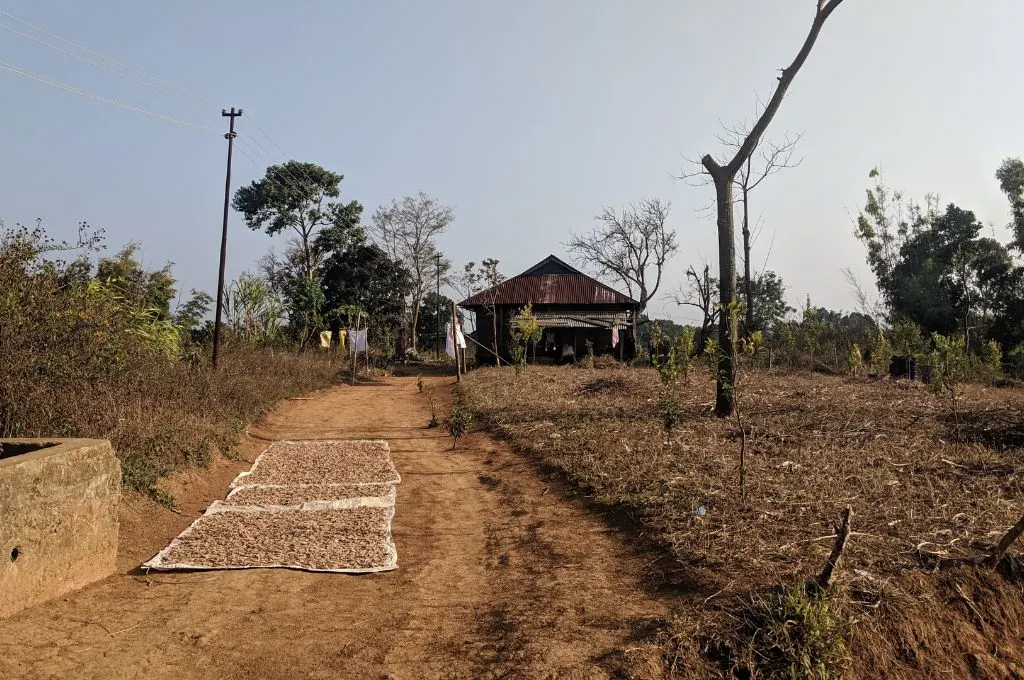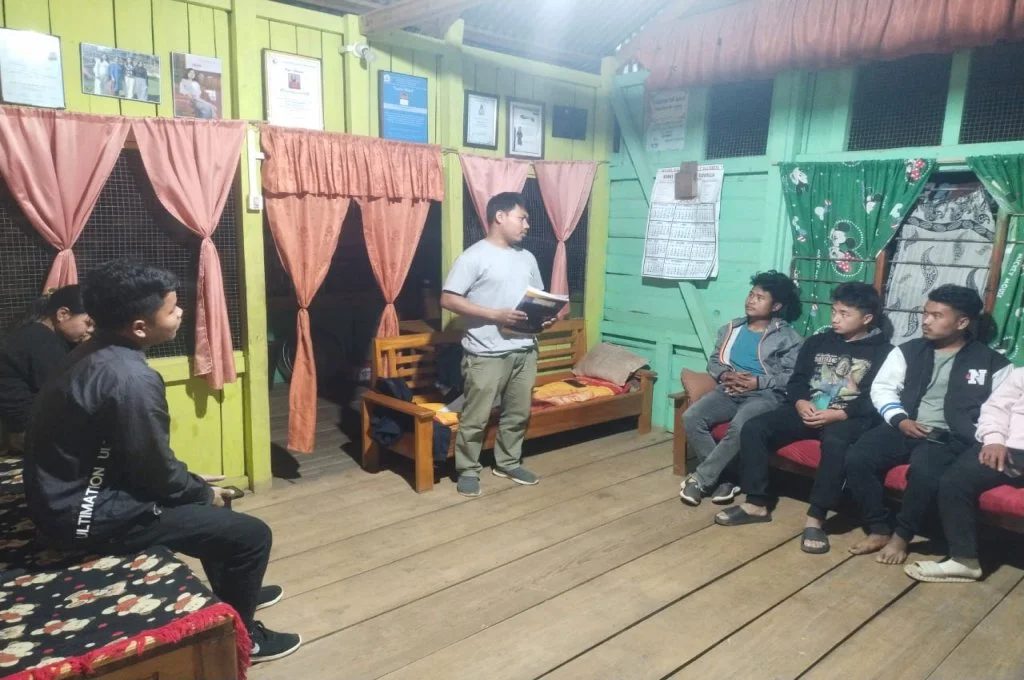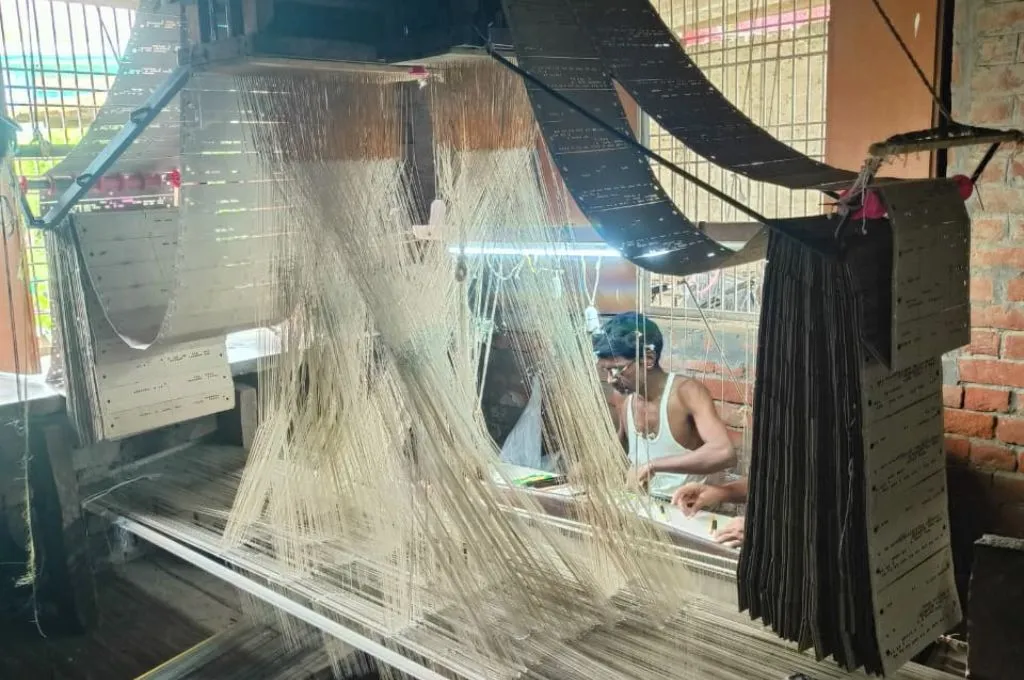READ THIS ARTICLE IN
Home delivery: What’s at stake?

From pregnancy to childbirth, it is an ASHA sahyogini’s (also known as ASHA worker) primary responsibility to connect women to relevant policies and healthcare. When a child’s birth is registered at a government healthcare centre or a private medical institution, ASHA workers like myself, who have supported the mother throughout her pregnancy, receive a bonus. This makes up a significant portion of our income.
However, in the village of Udpura in Rajasthan’s Chittorgarh district, ASHA sahyoginis are losing out on this bonus. When an ASHA sahyogini in Udpura or nearby villages calls for a government ambulance, it arrives from Vijaypur’s health centre. Since Udpura is poorly connected by road, the ambulance takes more than an hour to reach. In many cases, there might be complications in the delivery; this results in the case being transferred to Chittorgarh’s health centre, which is two hours away. To avoid delays in delivery, women sometimes choose home births. When this happens, ASHA sahyoginis lose out on the income that they would have earned after providing care to a pregnant woman for nine months.
Families opting for home deliveries also miss out on the benefits promised under the Rajshree Scheme, launched in Rajasthan in 2016. Under this scheme, INR 50,000 is provided to parents upon the birth of a girl child in a healthcare facility. This amount is disbursed in six instalments. The mother is given INR 2,500 at the time of birth. Another INR 2,500 is provided when the child turns one and necessary vaccinations are complete. INR 4,000 is given on securing admission to grade 1; INR 5,000 in grade 6; INR 11,000 in grade 10; and INR 25,000 upon completing grade 12.

When government ambulances are not available, another option for pregnant women is to hire a private taxi for the trip to the health centre. However, this can be a costly affair and only a few can afford it. Left with little choice but to go for home delivery, both healthcare workers and pregnant women lose out on benefits.
Chanda Sharma is an ASHA sahyogini working at the Anganwadi centre and primary health centre in Udpura.
—
Know more: Watch this video on how healthcare workers in Rajasthan suffer as policies keep changing.




